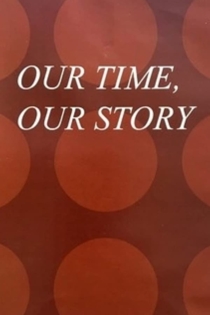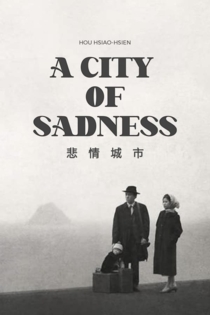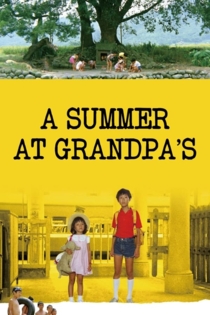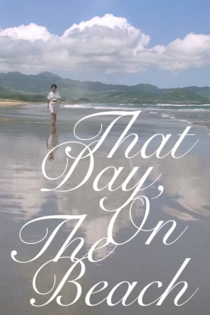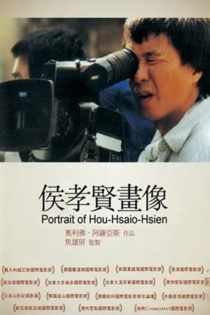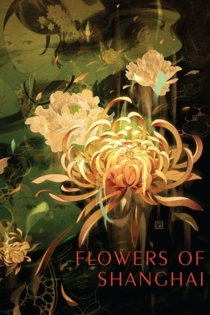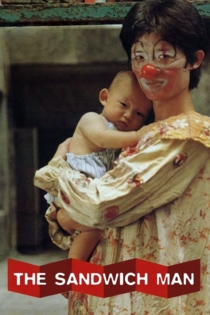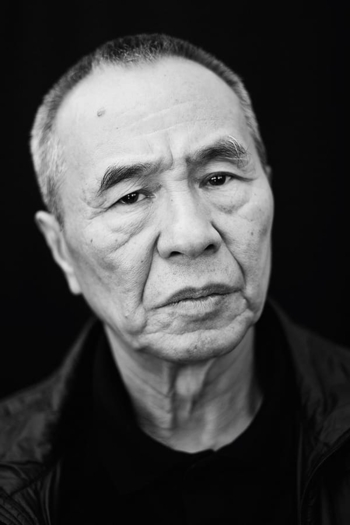
Hou Hsiao-hsien
1947 (78 лет)Hou Hsiao-hsien (Chinese: 侯孝賢; pinyin: Hóu Xiàoxián) (born April 8, 1947) is a retired award-winning film director and a leading figure of Taiwan's New Wave cinema movement.
Description above from the Wikipedia article Hou Hsiao-hsien, licensed under CC-BY-SA, full list of contributors on Wikipedia
戀戀風塵
Hou Hsiao-hsien
Chien-wen Wang, Hsin Shu-Fen
A-yuan and A-yun are both from the small mining town of Jio-fen. They move to Taipei, where A-yuan is an apprentice by day and goes to night school, and A-yun works as a helper at a tailors. Everyone thinks they are meant for each other, and so do they. They fail to see time and fate are beyond their control.
Dust in the Wind
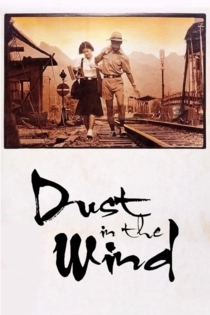
青梅竹馬
Edward Yang
Chin Tsai, Hou Hsiao-hsien
A young woman urgently seeks to navigate the maze of contemporary Taipei and find a future. She hopes that her boyfriend Lung is the key to the future, but Lung is stuck in a past that combines baseball and traditional loyalty that leads him to squander his nest egg bailing her father out of financial trouble.
Taipei Story
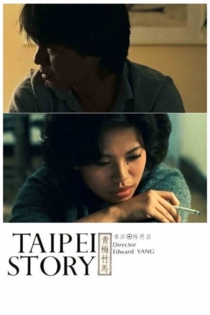
乘着光影旅行
Chiang Hsiu-Chiung, Kwan Pung-Leung
Shu Qi, Mark Lee Ping-Bing
Focusing on Mark Lee Ping-bin, one of the most talented and prolific cinematographers in Asia, the movie details the itinerant lifestyle of a deeply observant and philosophical artist and the tolls that his profession takes on his family life.
Let the Wind Carry Me
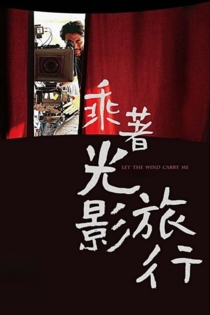
童年往事
Hou Hsiao-hsien
Tien Feng, Mei Fang
When a family makes the move from China's mainland to Taiwan, the elder members struggle to adapt in their new environment while Ah-Ha, a young boy, gradually reaches maturity. The generation gap grows fearsomely wide, threatening to alienate the young man from his family and their traditions.
The Time to Live and the Time to Die
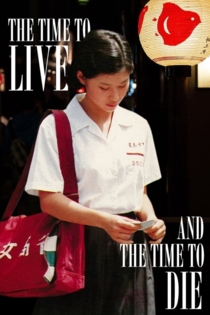
好好拍電影
Man Lim-Chung
Ann Hui, Nansun Shi
One of Hong Kong's most influential filmmakers, Ann Hui, becomes a “star” for the first time in Man Lim-chung's directorial debut. A forerunner of the New Wave, Hui’s tumultuous, forty-year career is an unequivocal testimony to her unyielding dedication to filmmaking, and her expedition into the metamorphic city. This biopic probes into the acclaimed director’s idiosyncratic world, where we witness her rashness and goofiness, as well as her humanistic concerns for the everyday nobodies which make her films so moving.
Keep Rolling
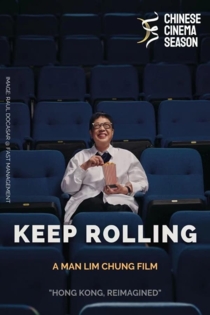
那時.此刻
Yang Li-chou
Gwei Lun-mei, Ivy Ling Po
In 2013, the Golden Horse Film Festival celebrated its 50th anniversary. The ministry of Culture commissioned director Yang Li-chou to make a documentary about the history of Golden Horse. What is unique to this film is that it's not an ode to celebrities but about the role cinema plays in ordinary people's lives. It's a love letter to cinema, filmmakers and audiences.
The Moment: Fifty Years of Golden Horse
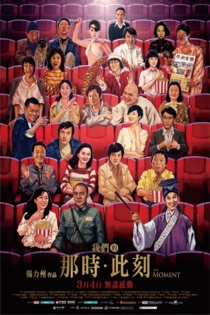
風櫃來的人
Hou Hsiao-hsien
Doze Niu Cheng-Tse, Zhang Shi
Ah-Ching and his friends have just finished school in their island fishing village, and now spend most of their time drinking and fighting. Three of them decide to go to the port city of Kaohsiung to look for work. They find an apartment through relatives, and Ah-Ching is attracted to the girlfriend of a neighbor. There they face the harsh realities of the big city.
The Boys from Fengkuei
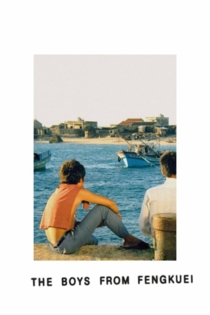
好男好女
Hou Hsiao-hsien
Annie Shizuka Inoh, Jack Kao
An actress preparing to play in a historical epic is terrorized by someone faxing her pages from her stolen diary; has colorful flashbacks of her affair with a now-deceased man; and imagines black-and-white film-within-a-film scenes of the movie she is about to appear in.
Good Men, Good Women

南國再見,南國
Hou Hsiao-hsien
Jack Kao, Lim Giong
In this portrait of small-time hoods rendered in rhythm-of-life anecdotal detail, Gao is the leader of a circle of layabouts including his sidekick, Flathead, and their girlfriends, Pretzel and Ling. He is also the originator of petty crime schemes, which promise to get the gang nowhere fast.
Goodbye South, Goodbye
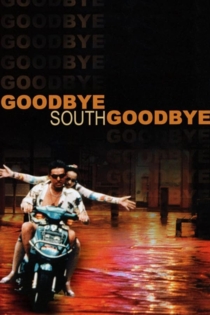
白鴿計劃:台灣新電影二十年
Hsiao Chu-chen
Sylvia Chang, Hou Hsiao-hsien
Richly illustrated with film clips and interviews, OUR TIME, OUR STORY tells the still-evolving story of the Taiwanese "new wave," from its rise in the early 1980s, as the island was democratizing after decades under martial law, through growing international recognition and domestic debate in the 1990s. Spearheaded in its early years by such filmmakers as Edward Yang, Ko I-cheng, Hou Hsiao-hsien and Wan Jen, the movement revitalized Taiwan cinema through low-budget experiments that emphasized personal stories, political reflection and stylistic invention. Said filmmakers, writers and actors like Wu Nien-jen and Sylvia Chang, even "second wave" directors Tsai Ming-liang and Lin Cheng-sheng provide fond reminiscences and retrospective insights in this compelling account of one of the most distinctive national cinemas of the last quarter-century.
Our Time, Our Story
